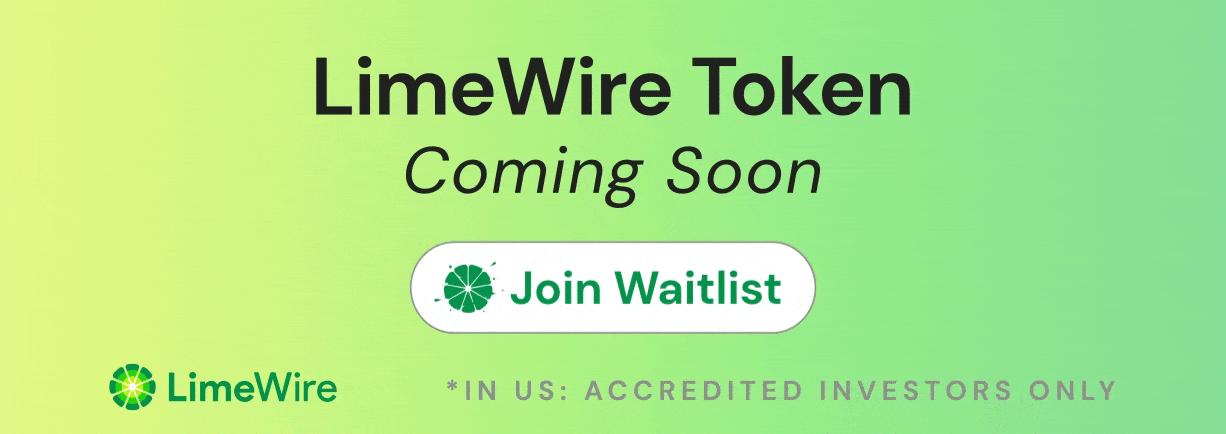In his brand new crypto fortune 40 benchmark, the media firm ranked the top 5 companies in the crypto space in each of eight categories.
Categories include centralized finance (CeFi), traditional finance (TradFi), venture capital, non-fungible tokens (NFTs), data, infrastructure, decentralized finance (DeFi), and protocols.
To find the top 40 companies, Fortune used several empirical metrics along with surveys of more than 200 financial executives conducted by Researchscape. Fortune claims the results are “impartial and rigorous”.
Top 40 crypto companies by category
The benchmark ranked the Ethereum Foundation as the best protocol, followed by Bitcoin. Polygon Labs, which develops Ethereum scaling solutions, and Solana Foundation, the non-profit organization responsible for developing the Solana ecosystem, ranked third and fourth, respectively. Offchain Labs, the firm behind Ethereum scaling solutions provider Arbitrum, secured the fifth position in the Protocols category.
Coinbase topped the CeFi category, followed by Binance and Kraken. Mike Novogratz’s Galaxy Digital and USD Coin (USDC) stablecoin issuer Circle ranked fourth and fifth in the benchmark.
PayPal’s integration with MetaMask put it at the top of the TradFi category, which ranked the top 5 companies innovating with blockchain technology. Stock trading platform Robinhood, which enables cryptocurrency trading, came in second, followed by JP Morgan Chase, which launched its own Onyx blockchain.
Fidelity, which has come under fire for allowing retirees to invest part of their retirement funds in Bitcoin, ranked fourth, while Visa secured the fifth position.
Polychain Capital ranked first in the VC category, followed by Animoca Brands and Andreessen Horowitz. The last two spots in the category went to Pantera Capital and Blockchain Capital.
As the largest NFT marketplace, OpenSea secured the top position in the NFT category. Yuga Labs, which released some of the best NFT collections including Bored Ape Yacht Club and Mutant Ape Yacht Club, came in second.
Sky Mavis, creator of the popular NFT game Axie Infinity, and generative art platform NFT Art Blocks ranked third and fourth, respectively. RTFKT, which Nike acquired in 2021, is the fifth NFT firm in the benchmark.
In the data category, Chainalysis ranked first, followed by Coin Metrics and The Graph. Dune and Messari secured the other two spots.
Fortune’s benchmark also included crypto companies that offer infrastructure for the industry. Non-custodial wallet provider Ledger topped the category. Bitcoin mining giant Genesis Digital Assets, not to be confused with the Digital Currency Group lender that filed for bankruptcy, secured second place.
Bitcoin mining chip developer Bitmain came in third, followed by Alchemy, which provides plug-and-play tools for building products and services on blockchain. MoonPay crypto payment solution ranked fifth in the infrastructure category.
DeFi is all about Ethereum
Fortune listed Uniswap Labs, Lido, MakerDAO, Aave, and Curve as the top five contenders in the DeFi category. It is worth noting that all DeFi applications are based on Ethereum.
In fact, according to DefiLlama data, these are the top five DeFi applications in terms of total value locked (TVL). The five DeFi applications have over $31 billion in TVL as of this writing, according to DefiLlama.
Additionally, the Fortune benchmark includes a large number of Ethereum-based applications, not to mention that two of the top five protocols are Ethereum scaling services.
But the focus on Ethereum may have been a result of the fact that Ethereum control S nearly 70% of all DeFi activity.


 NEWSLETTER
NEWSLETTER






